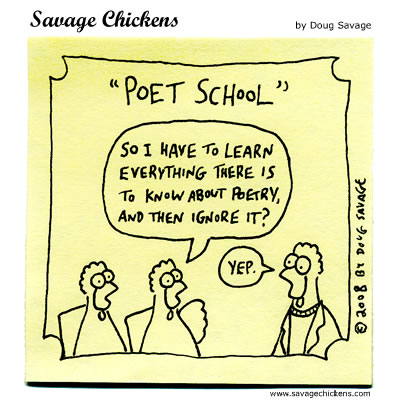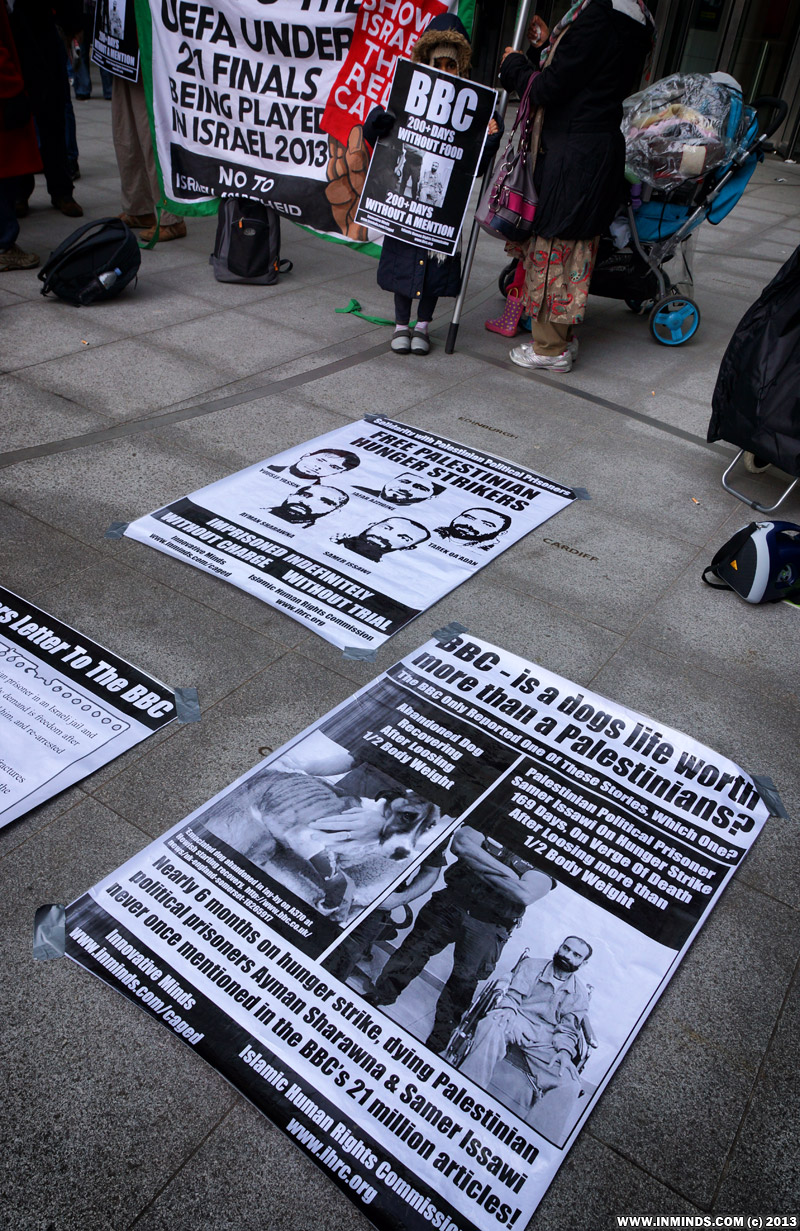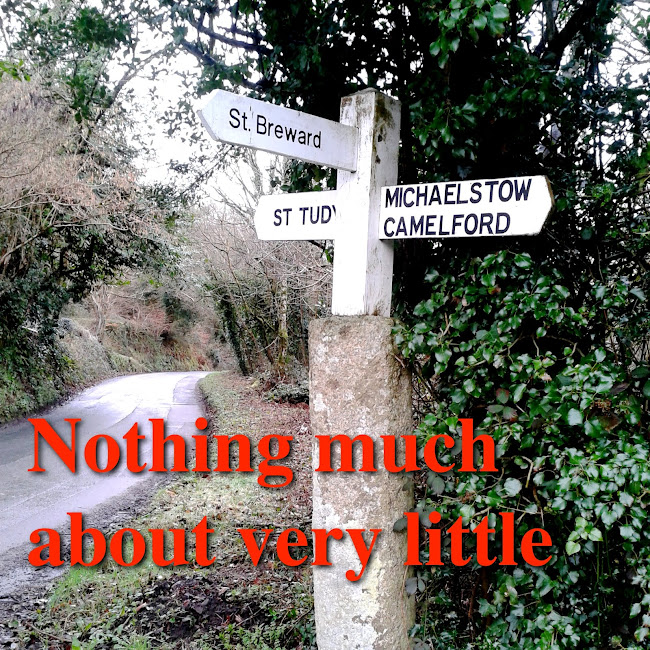This is from a speech Patten gave recently….not much needs to be said other than perhaps it is interesting as to just how much reach Patten admits the BBC has compared to Sky…and how influential it is in defining the cultural and social narrative of Britain….something they would never admit to whilst fighting the Murdoch BSkyB bid….and how the scale of the BBC allows it to take risks that commercial companies cannot….of course it is the nature of the funding of the BBC that really allows it to take risks….though you have to ask ‘what risks are they then?‘….they didn’t use the scale of funding to buy surefire sports rights….and repeats of Dad’s Army and Top Gear is hardly cutting edge stuff.
‘We have to aim always for the truth, including the truth however horrible it may be about ourselves.
The BBC aspires to a series of ideals – universal reach, accuracy in reporting, impartiality, pluralism, the highest standards of quality and distinctiveness – that should never allow for complacency or the development of a “holier than thou” spirit.
I think the public buy into these ideals. But that means they are rightly hard on the BBC when it fails to live up to them.
Inevitably, the trust on which the BBC’s place in our national life above all depends has been hit by the Savile scandal and its handling. Despite that, the polls continue to show that the public still trusts the BBC far more than any other news organisation. That trust translates into audience habits and behaviour so that, for instance, while the BBC accounts for just over a quarter of all the TV news minutes which are broadcast it is responsible for something nearer three quarters of all the TV news that is consumed. I am a big admirer of Sky’s rolling news programmes (which took for instance an admirably independent line in covering the problems of the Murdoch empire), but when the Trust reviewed the BBC News Channel in 2011 we found that it had a higher reach than Sky News even in homes with a Sky box.
Second, any well-founded criticism of the quality and accuracy of our journalism will always require urgent attention. On almost every sensitive issue from the Middle East to climate change, from Europe to macro-economic management, we are likely to find ourselves criticised from both sides. It is not enough for the BBC to argue that if it is being criticised from both sides, it must have got things just about right. We have to try to ensure that we reflect the complexity of issues, and that intelligent contrary opinions are given proper weight.
We must never be driven simply by ratings. As I have argued consistently since I became Chairman of the Trust in mid-2011, we have a licence to be different. The BBC’s scale, security and independence allow us the freedom to experiment, to be creative, to take risks. To surprise, sometimes to shock and even sometimes, unfortunately, to offend.
That is what it should mean to be a public service broadcaster, and in the BBC’s case to be at the social and cultural heart of our nation’s life, a part of the national conversation.
For the BBC, the challenge has always been to set our own standards and boundaries in the right way so that we can promote our core purpose – the pursuit of truth – in a way that the public trust and respect. And that includes from time to time pursuing the truth about ourselves even when it is grisly.’
‘….pursuing the truth about ourselves even when it is grisly.’….so publish the Balen Report.





















